Clear formatting from an Excel table while preserving its structure is a crucial task for maintaining data integrity and readability. By removing unnecessary formatting elements, you ensure that your table remains organized and professional-looking. With the ability to retain the original table layout, you can focus on the content without worrying about unintended changes. Utilizing this method allows you to streamline your workflow and present your data in the most effective manner possible. Clear formatting from an Excel table while keeping the table intact empowers you to manage your data with precision and efficiency, enhancing the overall quality of your spreadsheets.
How to Remove formatting from a range?
Below are the steps to remove the table formatting:
Option-1:
Step-1: Select any cell in the Excel table.

Step-2: Tap the Design tab.
(Note: This is a contextual tab that opens only when you click any cell in the table)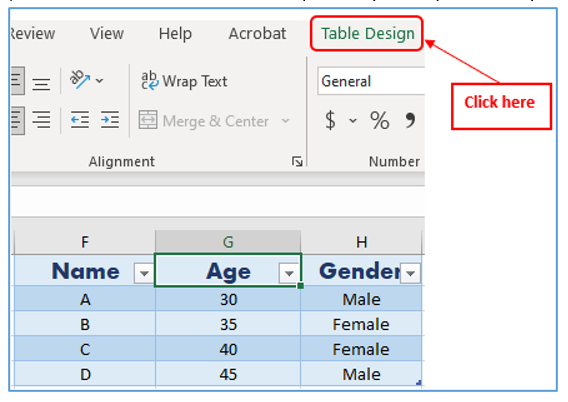
Step-3: Select the first style in the Light group, which is called None, in the Table Styles group.
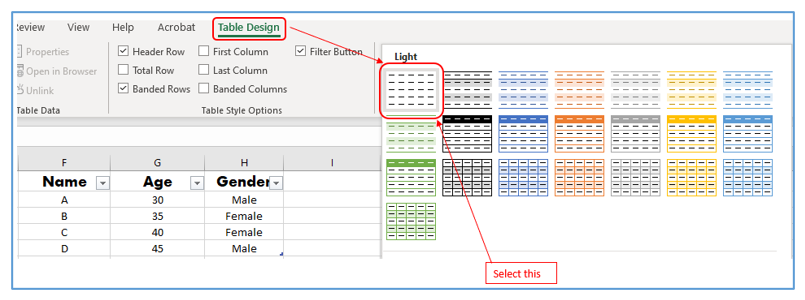
Result outlined below:
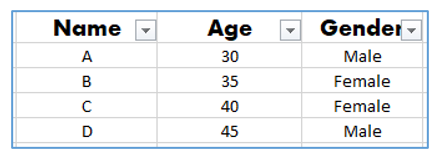
Option-2:
Step-1: Select any cell in the Excel table.

Step-2: Tap the Design tab.
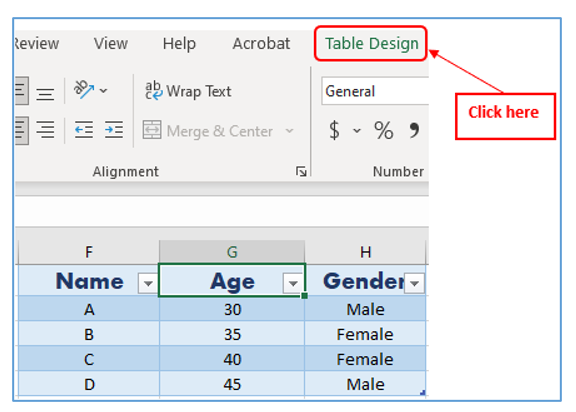
Step-3: In the Table Styles group, click the More option.
Step-4: Beneath the table styles, click Clear.
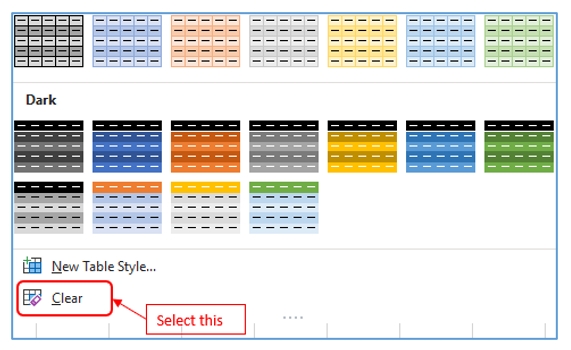
Result outlined below:
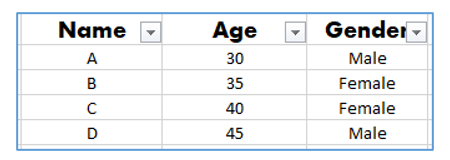
How to Clear All Formatting in a Table?
Follow these procedures to remove all formatting (both predetermined and your own):
Step-1: Select the complete data set.
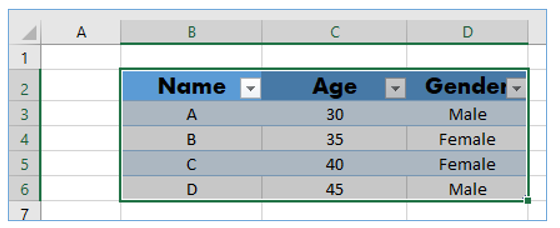
Step-2: On the Home tab, Under the Editing group, Click on Clear > Clear Formats.
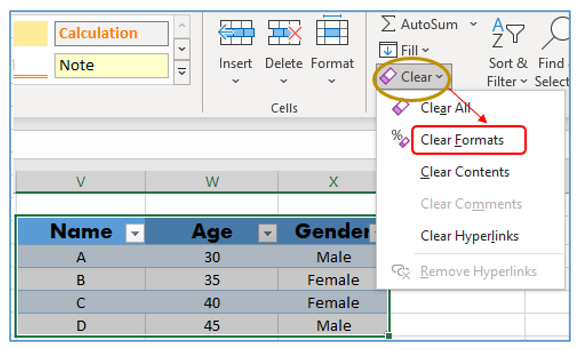
Result outlined below:
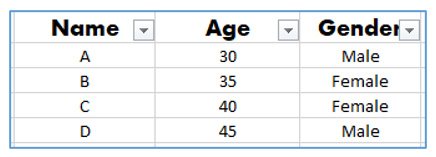
Note: Please bear in mind that this method removes all formatting, including number formats, alignment, and so on.
How to remove an Excel Table Formatting (convert to range)?
You may easily remove the table format style from the table by using the convert to range option. Please follow the below step:
Step-1: Select any cell in the Excel table.

Step-2: Tap the Design tab.
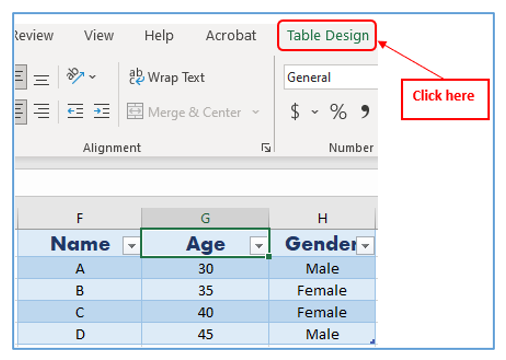
Step-3: Select Table Design > Tools > Convert to Range.

Step-4: Click the Yes button.
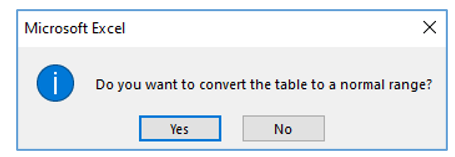
The primary point of Excel Tables has vanished, however the format has not. Result outlined below:
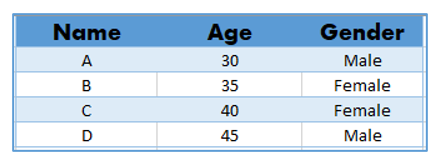
Option 2:
Step-1: Select any cell in the Excel table.
Step-2: Right-Click in the table.
Step-3: From the right-click menu, select Table > Convert to Range.
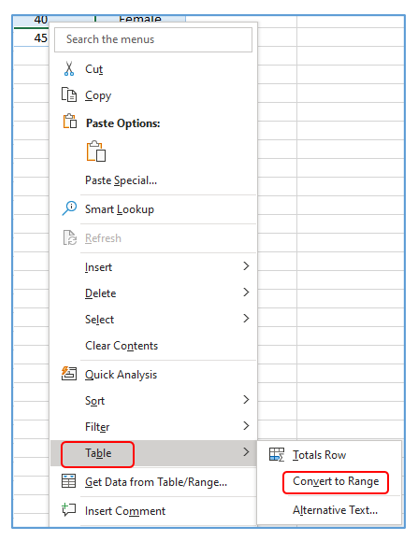
Step-4: Click Yes to ‘convert to a range’ Window.
The table has been removed but the formatting remains.
How to change the table formatting in Excel?
Excel contains tools that allow you to preserve the table’s formatting but change how it appears on the spreadsheet. To change the table layout, follow these steps:
Step-1: Select any cell in the Excel table.

Step-2: Tap the Design tab.
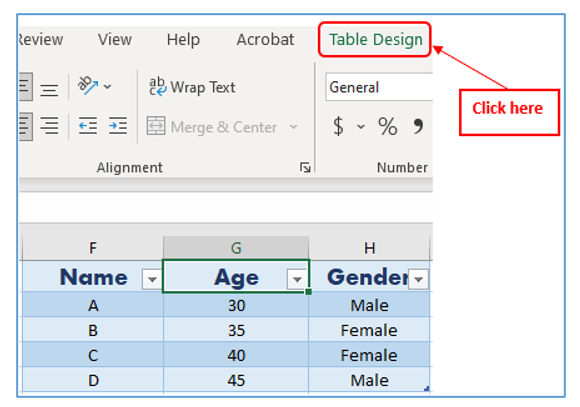
Step-3: In the Table Styles group, click the More option.

Step-4: Select a design.
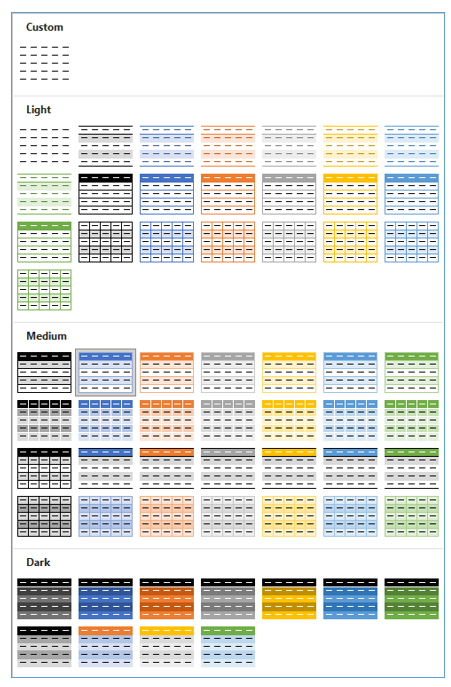
Place your cursor on the design to see how it will look if you choose it. Simply click on it once you’ve finalized the layout you want.
How to delete the Excel Table?
If you want to get rid of the table completely, follow the procedures below:
Option 1:
Step-1: Select the entire data set.
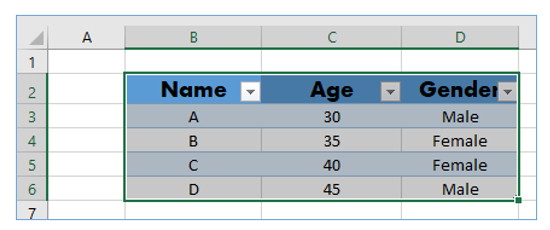
Step-2: On the Home tab, Under the Cell group, Press the Delete key.
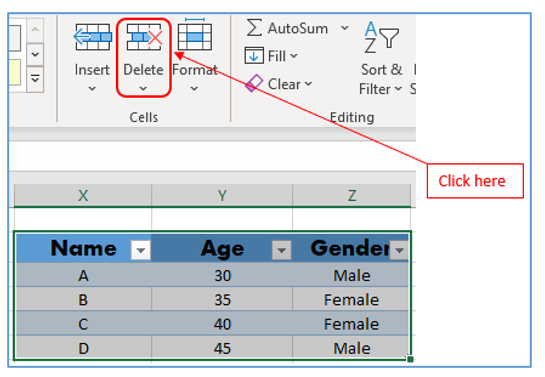
Result outlined below:
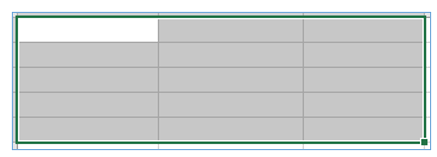
Option 2:
Step-1: Select the entire data set.
Step-2: Right-Click on the selected table.
Step-3: From the right-click menu, select Delete > Convert to Range.
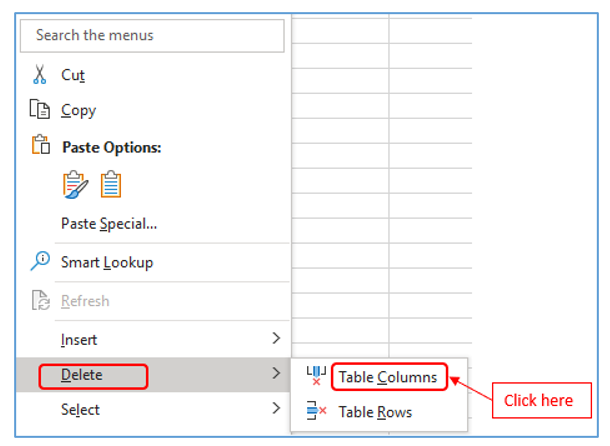
And that’s it.
Option 3:
Step-1: Select the entire data set.
Step-2: Click the Home tab.
Step-3: Under the Editing group, Click on Clear > Clear All.
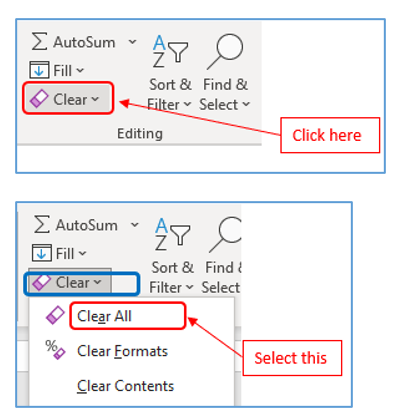
That’s the end of it. Your table has vanished from your Excel file.
Result outlined below:
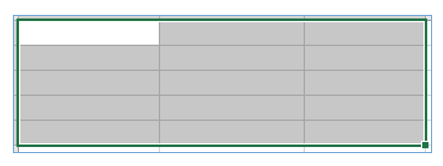
Application of clear formatting from an excel table
- Removing Cell Formatting: Clear specific formatting from selected cells, such as font style or fill color.
- Clearing Borders: Eliminate borders from cells to create a cleaner look for the table.
- Erasing Cell Content: Clear cell content while retaining formatting, useful for updating data.
- Resetting Cell Alignment: Return cell text to its default alignment for consistency.
- Clearing Conditional Formatting: Remove conditional formatting rules applied to cells for recalculating criteria.
- Clearing Data Validation: Erase data validation rules to allow for new entries within the table.
For ready-to-use Dashboard Templates:
